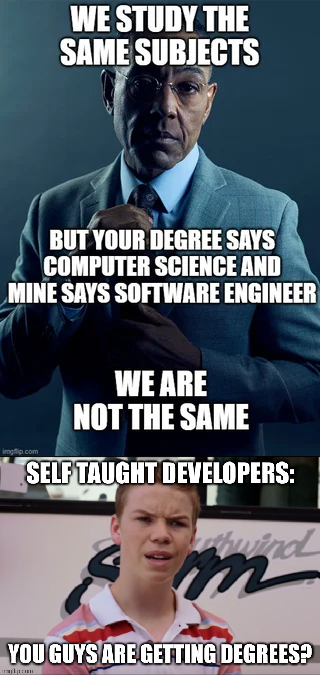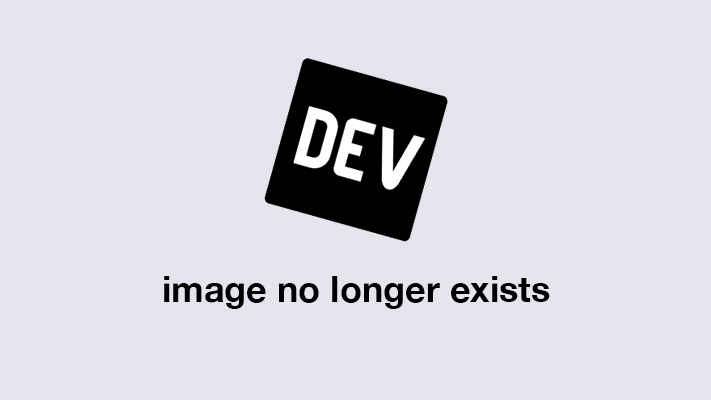Alright, let’s talk about this whole “degree for game dev” thing. People ask me this quite a bit, probably ’cause I’ve been kicking around in this field for a while now.

When I first dipped my toes in, man, things were different. The internet wasn’t the firehose of tutorials it is today. I didn’t have a fancy game development degree. Honestly, I don’t think many folks did back then, not specialized ones anyway. My background was more… tinkering. Lots and lots of tinkering.
I started messing with basic programming, stuff like QBasic, just making text adventures or simple little pixel things move around. It wasn’t for school, it was just… fun. I’d spend hours trying to figure out why something wasn’t working, hitting walls, getting frustrated, then finally getting that little ‘aha!’ moment when the pixel dude finally jumped right. That process, that struggle and breakthrough, that’s kinda the core of it, degree or not.
Later on, I got my hands on early versions of game-making tools. Nothing like the big engines now, much clunkier. But it was about making stuff. Putting together something, anything, that someone else could maybe play. It wasn’t polished, it often broke, but it was mine. I built a small collection of these little broken toys, these experiments.
So, What Actually Got Me In?
It wasn’t a certificate on the wall. When I started looking for actual game dev work, nobody really cared where I learned to code or use the tools. They cared if I could. What they wanted to see was:
- Stuff I’d made: Even my crappy early projects showed I could start and finish something. A portfolio, basically. Didn’t have to be amazing, just had to exist and show some potential.
- Problem-solving: Could I talk about how I figured out a tricky bit in one of my projects? That showed I could think through challenges.
- Willingness to learn: Technology changes constantly in games. They wanted to see I wasn’t afraid to pick up new tools or techniques.
I remember one interview, they barely glanced at my resume education section. They loaded up a little demo I’d sent, played it for five minutes, then spent the next hour asking me how I built specific parts, what problems I ran into, and what I’d do differently. That was the real test.

Does a Degree Help At All?
Look, I’m not saying degrees are useless. They can be good! Some folks thrive in that structured environment. You get:
- Fundamentals: Good programs teach solid computer science basics, math, physics – stuff that’s genuinely useful.
- Networking: You meet other people passionate about games, professors with connections. That can be huge.
- Structure & Deadline Practice: School forces you to manage time and deliver projects, which is valuable practice for the real world.
But I’ve also seen grads come out who know theory but can’t actually build anything practical without a ton of hand-holding. And I’ve worked with amazing developers who were self-taught, learning everything online or through hobby projects. They just put in the hours, built things, broke things, fixed things, and got good.
The key difference today is access. You can learn almost anything online. Unity Learn, Unreal Engine tutorials, endless YouTube channels, forums, Discord communities… the resources are out there if you have the drive to use them. Game jams are another fantastic way – you learn fast under pressure and actually finish a game, however small.
My Final Take
So, do you need a degree? Nah. Not strictly. What you need is proof you can do the job. That usually means a portfolio showcasing your skills – coding, art, design, whatever your focus is. You need to show you can learn, solve problems, and ideally, work with others.
A degree can be one way to get those skills and build that portfolio, maybe even give you a bit of a leg up in understanding the deeper theory. But it’s not the only way. Plenty of us got here through sheer persistence, countless hours of practice, and building a lot of weird little digital things in our spare time. Focus on the doing, build your skills, make stuff, and show it off. That’s what really counts in my book.

